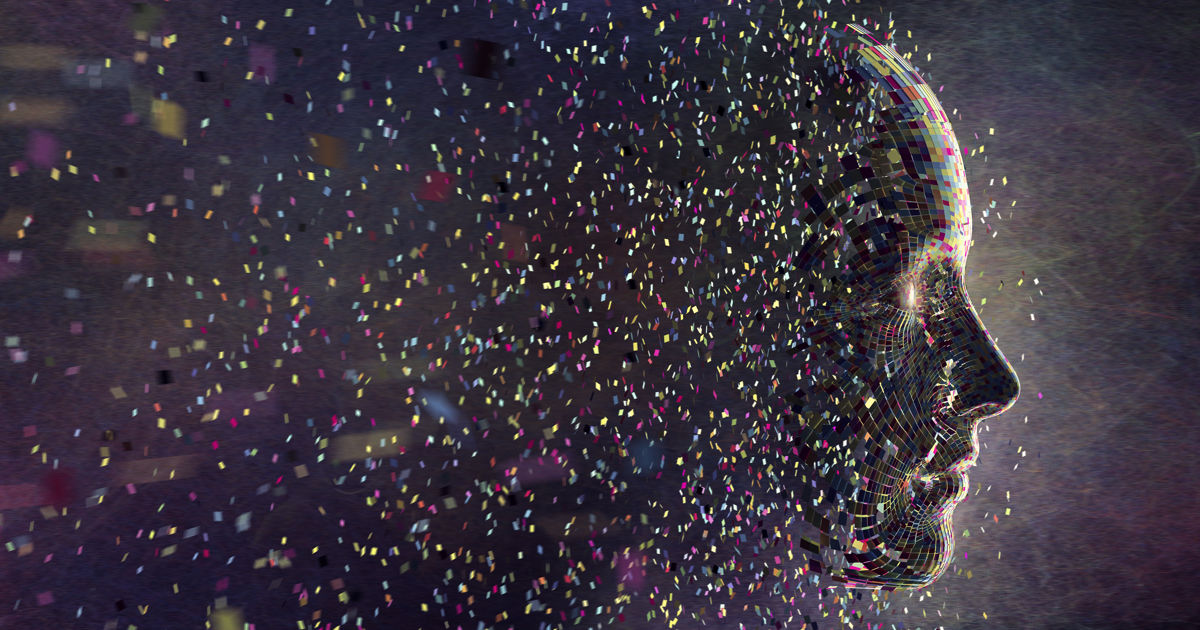Artificial intelligence isn’t creative, but it might fix our fear of failure
Artificial intelligence is many things, but can it ever be creative? No, argues Amy Kean in this month's column, but it could help us to be if we stop expecting too much.
If Henry Ford had used AI would it have told him to make faster horses?
Or advised, with only 0.001% chance of error, to breed horses with brown manes instead of white? Maybe it would have suggested alterations to how a horse neighs. Forget the baritone of equidae, a high-pitched scream emitted every few minutes could facilitate an illusion of urgency on England’s busy, early twentieth century roads.
Failure is rarely an option. So, what something like AI gives, is a back-up.
It’s unlikely that artificial intelligence would have invented a car, when currently its better suited to inventing new names for horses at the Kentucky Derby, which happened last month. A tenner on Pat’s Glory Dance or Rapple Musty, anyone?
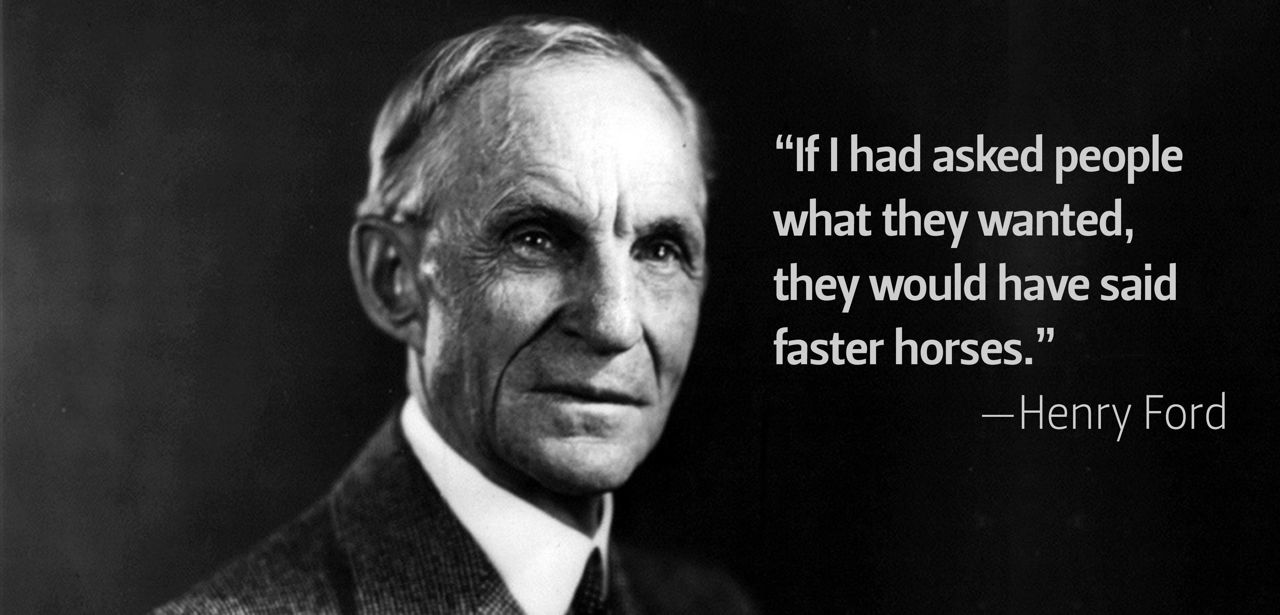
AI wasn’t invented by the ad industry or Silicon Valley, it’s been around since 1956. But it’s being discussed - a lot - at all levels of our food chain, from the start-ups powering its future and the agencies reportedly weaving it into their processes, to the clients buying into the dream of a data-dominated future. I
It’s not without its hyperbolic narratives: by using sophisticated algorithms to create content at an unprecedented scale we can (at last!) find the perfect combination of images and words to use in an ad. Machine learning enables us to produce unique, popular works of art in seconds, across multiple genres, by digesting the most revered of what has come before.
Last year Burger King used AI that read every script of their previous ads to create new ads; the ridiculous, nonsensical results described as ‘beautiful disasters’.
AI can also provide us with new combinations of stimulus that can push the boundaries of our imaginations because they are so unexpected. Very few processes are entirely random, but this gets close. For example, Inspirobot.me creates soul-pummeling motivational sayings and layers them on top of stock imagery. It’s hilarious, and a great take on the banality and mental health implications of social content. But it’s not creative.
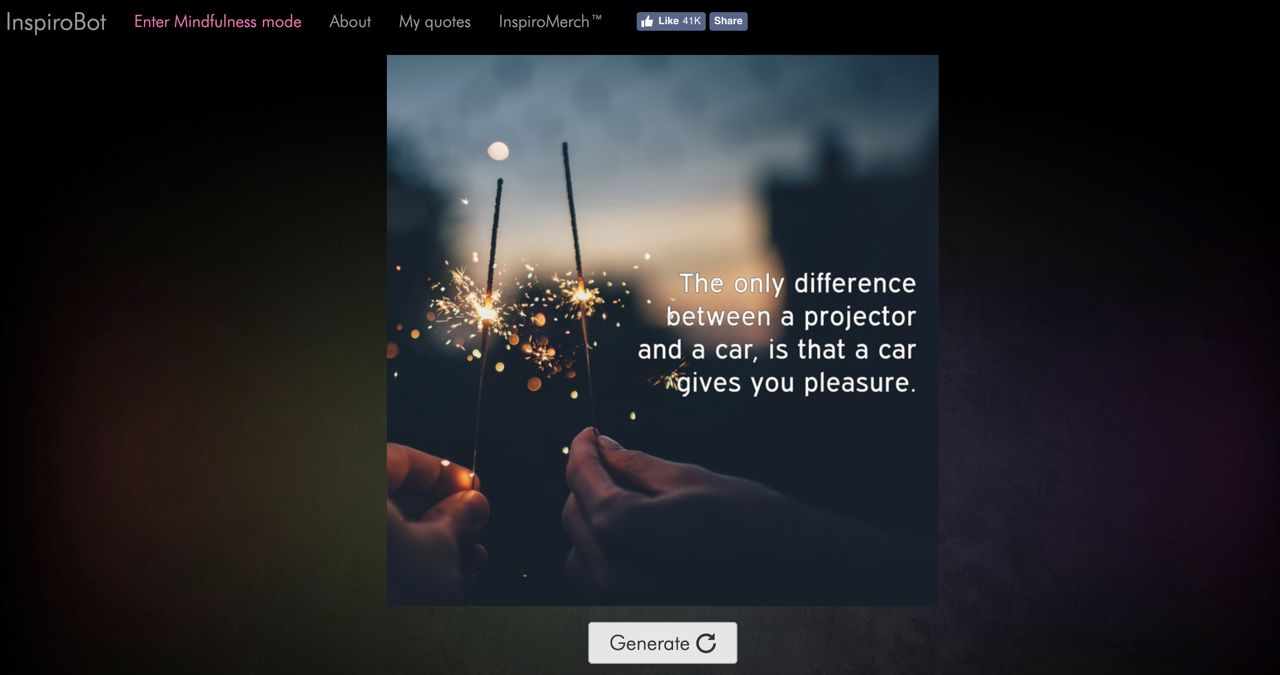
I’ve just finished a fascinating book by Professor Susan Greenfield called You and Me. The Neuroscience of Identity, which talks about the origination of creativity in the human mind, and how we each need our own – forged by memories and experiences - to successfully exist in society. Creativity is what makes us, us.
Three things are required, says Greenfield, for true creativity to occur:
1. The deconstruction of reality (i.e. norms, situations).
2. The novel combinations of words, pictures and sounds.
AI can easily tick both these boxes.
But the third and most difficult to replicate is a significance to the creator and beholder.
If we’re realistic about what AI can achieve rather than treating it as the second coming, we could be onto a winner.
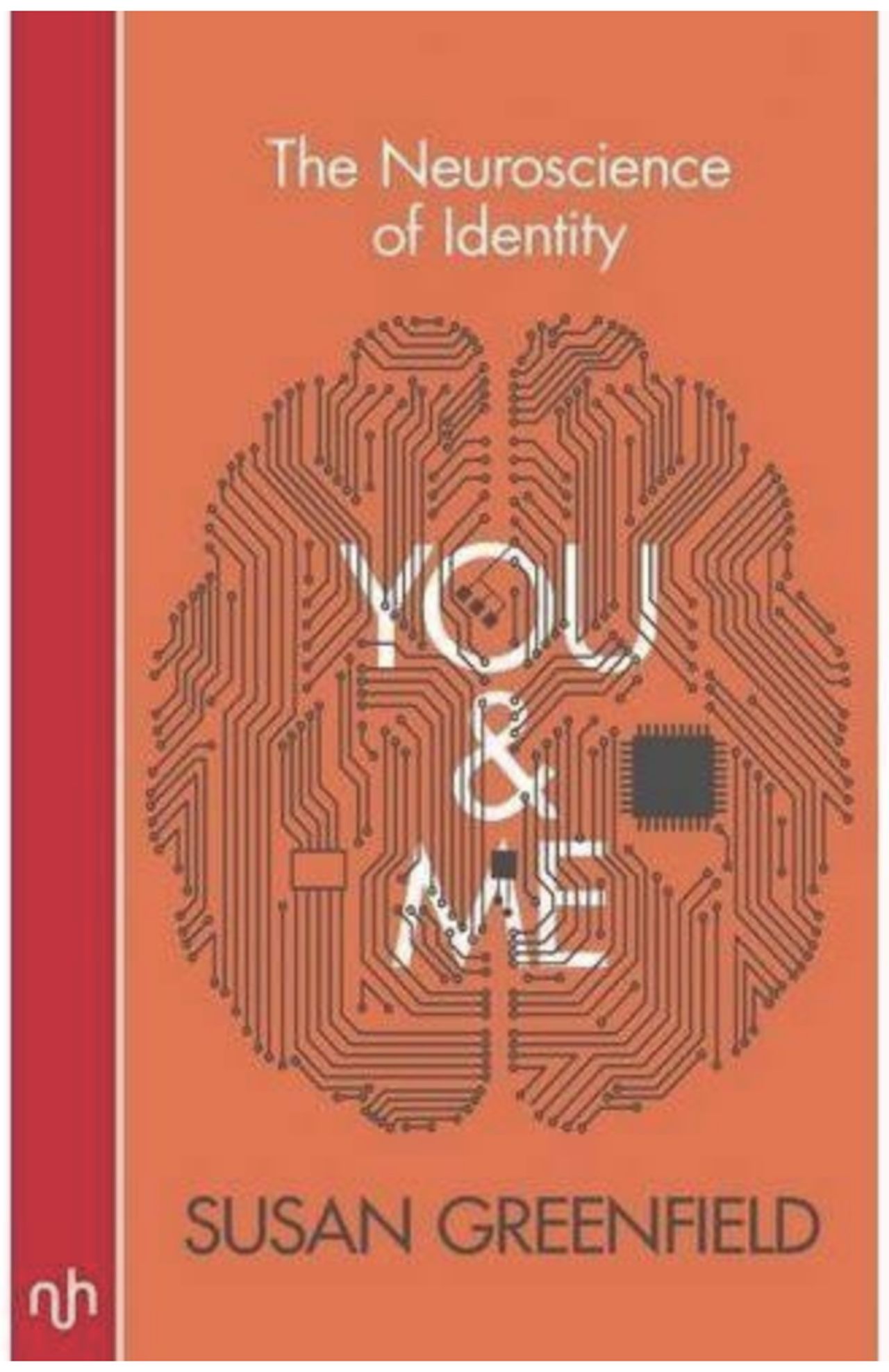
Art is interpreted and contextual. Something produced by a computer will never have a reason, motive, relationship or background story. What is ‘thought up’ by a machine has no psychological or neurological meaning fueled by a conscious human identity. There is no debate: AI cannot be creative because (for now, at least) it has no consciousness. (If you don’t believe me, also check out this video by computer science pioneer Barbara Grosz).
AI applied within everyday life to make services more intelligent and efficient is a no-brainer (pun intended) but in the creative industries, we’re just playing. There’s the novelty of using it to create images of people that don’t exist; the naming of new paint colours; the reconstruction of Mozart as Metallica; the production of AI puns.
But, as always… why? Outside of it being a fun hobby or experimentation, why pursue the integration of machines and content to such an extent that one day the two might be impossible to pull apart? Is it because we want to live in a faster world? A more clinical one? One where art is cheap and available at the touch of a button?
My hunch is a little more realistic: AI gives us something new to blame. Atychiphobia - the fear of failure – is rife in an industry becoming dominated by money-saving, short-termism, awards formulas, backlashes, the demonisation of mistakes…
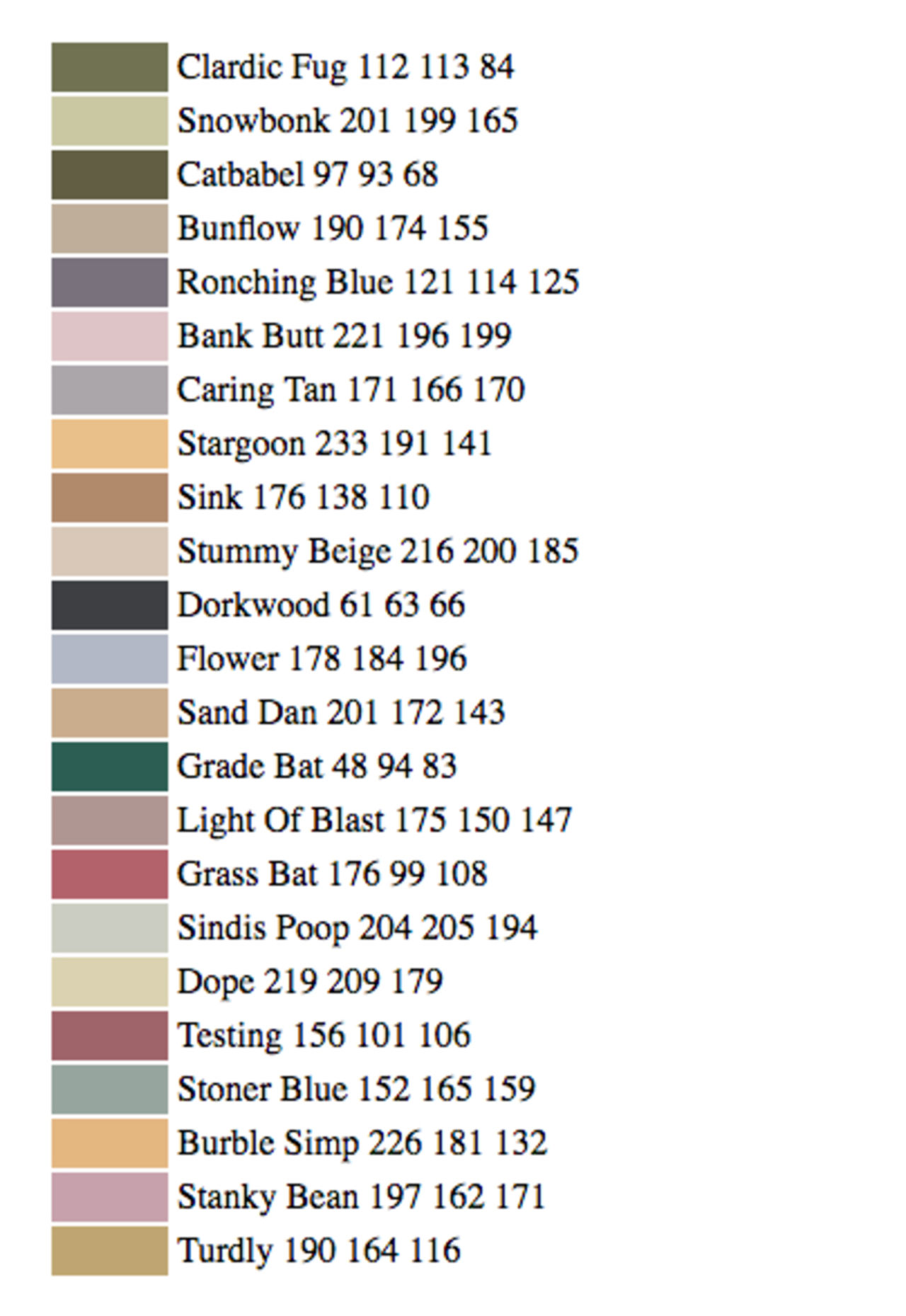
Above: AI's renaming of paint colours.
I heard about one big brand that recently fired a guy just for having a ‘bad idea’. The distance between the ‘fail fast’ self-help books/podcast chatter and the reality of the day-to-day in modern marketing is canyon-sized. Failure is rarely an option. So, what something like AI gives is a back-up, a ‘get out of jail free’ card. You can’t argue with it, because it’s clever. It wasn’t us, it was the outputs of the machine, so if you don’t like it let’s run the machine again.
I’m not negging: this could be a great thing! If machines can generate thousands of possible variations of an ad and test them on millions of people in minutes then at the very least it’ll tell us what won’t work, and what’s likely to fail. If managed correctly, AI could become a handy crutch that minimises fear and moves us somewhere in between gut instinct and over-sanitised.
It’s common for the ad industry to get carried away with new tech. But if we do this one differently, it might last.
AI can produce quick variations of a concept that the creative team may not have visualised. It could simply become a stage in the process, messing around with the big idea (made by humans) to make everyone more relaxed about taking creative risks. My mind is blown at how little creative concepts are tested, even today. AI could take away the weird social bias of focus groups and replace it with the unconscious clicks of the right-now public. Perfect! That’s not creativity, though. Just to be clear.
The distance between the ‘fail fast’ self-help books/podcast chatter and the reality of the day-to-day in modern marketing is canyon-sized. Failure is rarely an option.
It’s common for the ad industry to get carried away with new tech, see: bitcoin, blockchain, gamification, chatbots, and… um… voice. (I often say I can’t wait until rocket science becomes the hottest new trend in marketing innovation.) But if we do this one differently, it might last.
Nothing beats human-made ideas. If we’re realistic about what AI can achieve rather than treating it as the second coming, we could be onto a winner, and not just at the Kentucky Derby. Let’s face it: we’re not skilled enough to build robots, we build microsites, for God’s sake. But if algorithms can help us manage and minimise failure, test the shit out of our leaps of faith, our campaigns could get better, our confidence higher and our jobs safer. Just don’t call it creative.
)

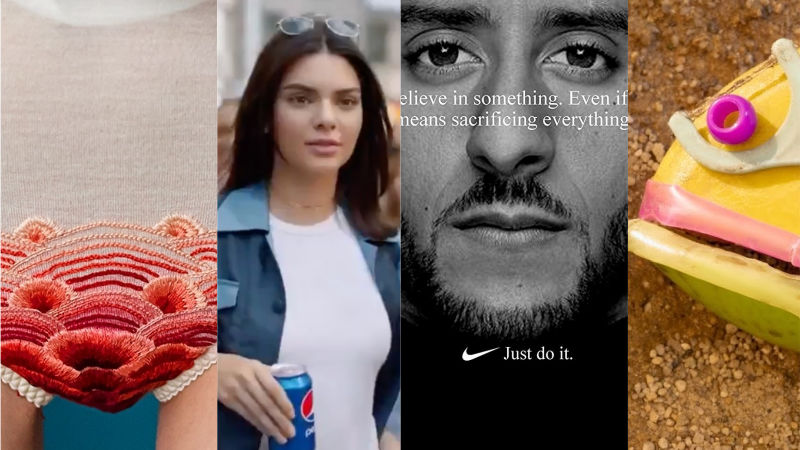


 + membership
+ membership










